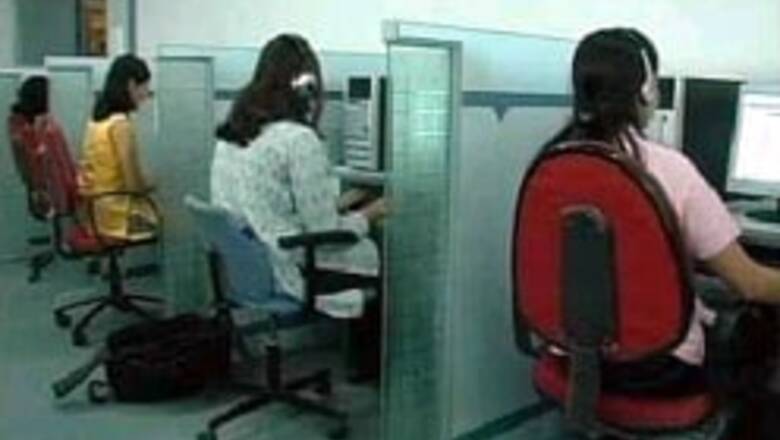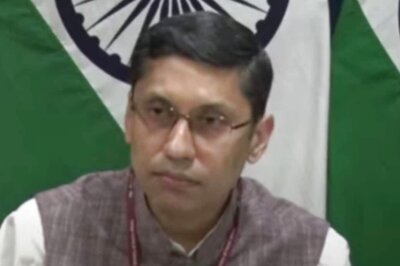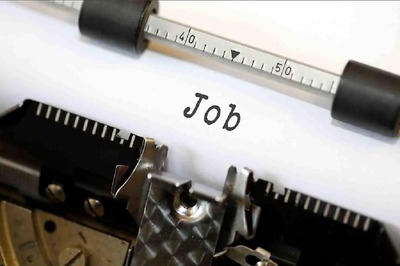
views
New Delhi: The Centre on Thursday unveiled the North East Industrial and Investment Promotion Policy (NEIIPP), 2007, which has retained most of the fiscal incentives and other concessions granted under NEIIPP 1997 but hiked the capital investment subsidy and also raised the ceiling for the same by as much as five fold. The NEIIPP 1997 is expiring on March 31, 2007.
The earlier incentives for tobacco products and tobacco-processing industries like pan masala have, however, been withdrawn as per the announcement made in the Union Budget.
Bridging the loopholes in NEIIPP 1997, the new policy also makes it clear that no concessions will be allowed to industries and goods in respect of which only peripheral activities take place in the region. The policy is aimed at ensuring that genuine industries come up in the region.
In a bid to encourage genuine industrial activity and employment generation in the region, the policy has a provision to consider medium and large projects for extension of subsidy up to Rs 30 crore subject to the approval of an Empowered Committee if such industries have a significant potential for employment generation.
Another new aspect of the new policy is that it includes Sikkim in its ambit apart from the seven other north-eastern states.
Union Minister for Commerce and Industry, Kamal Nath, described NEIIPP 2007 as a “landmark policy". "This will be in place for a period of 10 years, and it will help accelerate the pace of industrialisation and development of the Northeast,” he said.
Among other provisions, the policy continues the 100 per cent excise duty exemption on finished products made in the Northeast. The limit of automatic approval for capital subsidy has also been enhanced to Rs 1.4 crore from Rs 30 lakh.
The comprehensive insurance cover has also been retained under which all new and existing units will be eligible for reimbursement of 100 per cent insurance premium under the scheme.
While the policy has dispensed with the distinction between 'thrust' and 'non-thrust' industries as provided in the 1997 policy, it does make a special mention of bio-technology and power-generating units and extends the benefits also to the services sector.
As regards the capital investment subsidy, the policy has enhanced capital investment subsidy on plant and machinery to 30 per cent from the existing level of 15 per cent, subject to a maximum of Rs 1.5 crore. Even this upper limit can be relaxed in case of medium and large projects which have a significant potential for employment generation, subject to the approval of the empowered committee.



















Comments
0 comment